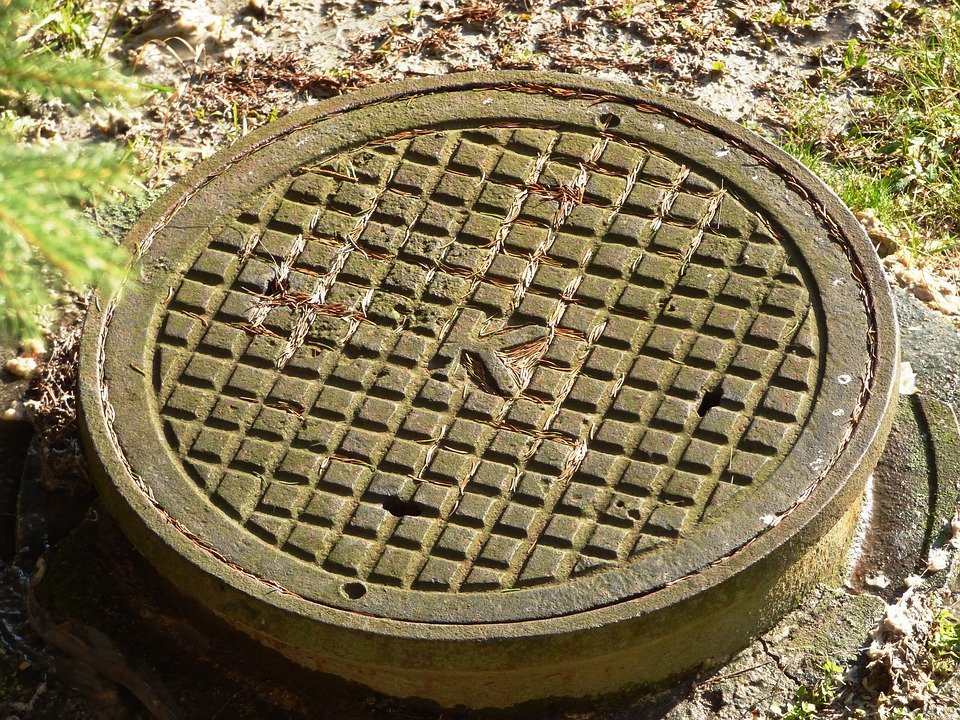If a private business found out that an employee was being bribed by an outside company to sign off on taking deliveries of fewer products than were invoiced, it would take two main actions. First, it would sack the employee that was signing for the deliveries and second, it would stop doing business with the company cheating it.
The private business might also report the case to the police and take legal action against the dishonest supplier. This is based on the assumption management and owners have as a priority the interests of the business and act rationally. No rational businessperson would want to have any dealings with a company that cannot be trusted to act honestly.
These rules do not seem to apply in the case of the state, which admittedly is no business entity, but still has a moral obligation to protect the interests of the taxpayers and ensure their money is not being wasted. The law does not seem to offer such protection to the state in its dealings with contractors that have been found to have resorted to corruption at the expense of the taxpayer.
Earlier this month, the Contractors’ Council, responsible for monitoring the activities of contracting firms, announced it would terminate disciplinary procedures against companies that had admitted to bribing officials of the Paphos sewerage board (Sapa) including the then mayor. More than €1 million was paid in bribes and the main recipients ended up behind bars. The companies had been used as prosecution witnesses in exchange for immunity.
The Contractor’s Council had initiated disciplinary proceedings against the companies involved with a view to removing them from this body, membership of which is essential for bidding for state contracts. After eight years of disciplinary proceedings the Council accepted the argument of the lawyers that pursuing the matter so many years later would constitute an ‘abuse of process’ impacting the legal rights of the companies.
In other words, the companies that admitted bribing officials were never punished and can still submit tenders for state contracts. Is there any guarantee that they would not resort to the same corrupt practices when awarded another contract? Of course not, but the state would be obliged to award such a company a project if its offer was the best one on the table, because it remains a member of the contractors’ association.
The House ethics committee will call the Contractor’s Council to explain this unacceptable state of affairs, while the Minister of Communications and Works, Alexis Vafeades said on Friday that a law would be submitted that would change the rules of disciplinary procedures at the Contractors’ Council, relating to cases of bribery. The new law should not rely on this Council to punish contractors but should have a provision barring companies that have bribed officials from undertaking public contracts. The law should be very clear without ifs and buts.







Click here to change your cookie preferences